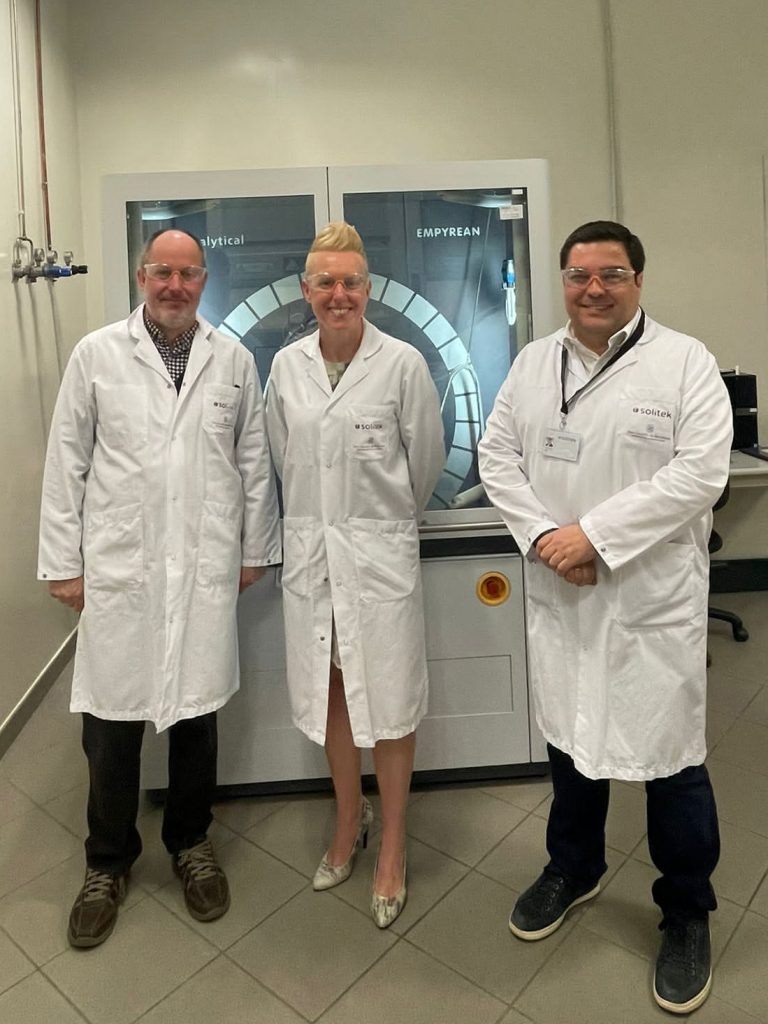Agility Life Sciences forge Strategic Partnership with Solitek
New Cereals exhibition location in Nottingham attracts exhibitors longstanding and new
RSM ‘lifer’ appointed as new office managing partner in Nottingham
Midlands firm invents a world first in sustainable resin flooring
E2E Female 100 list announced in association with, The Independent
End of the road for Nottingham’s Creative Quarter Company
“There are many significant successes to mark as part of this announcement – the evolution of Sneinton Market being a central achievement, not forgetting the many amazing businesses and independents that have flourished to bring investment and employment to Nottingham. Our team and partners can celebrate the lasting impact we’ve had on the city with a now defined Creative Quarter that will remain as a fantastic destination for work, life, and play, as well as being a thriving community for professionals and small businesses.”
- The evolution of Nottingham city centre’s east side with a 905% increase in creative digital industries (CDI) in the designated Creative Quarter area. This has contributed 11% GVA to Nottingham’s economy at a value of £1.2 billion, growing nearly five times more than the average industry in Nottingham.
- The creation of Sneinton Market Avenues from formerly derelict premises to create a thriving hub for independent businesses with support from Nottingham City Council and the European Regional Development Fund.
- Boosting the city’s culture and creativity including its role in the annual Light Night, plus its support for Nottingham Craft Beer Festival, Nottingham Puppet Festival, Wigflex, Green Hustle and many more events.
- Being the lead partner on The Big House business support programme with over 2,000 creative and digital businesses enrolled to date.
- Working with Nottingham Trent University to retain graduate talent by building pathways to creative careers through talks, events and placement opportunities.
- Achieving the largest employment growth in the UK’s CDI since 2015, outpacing London.












